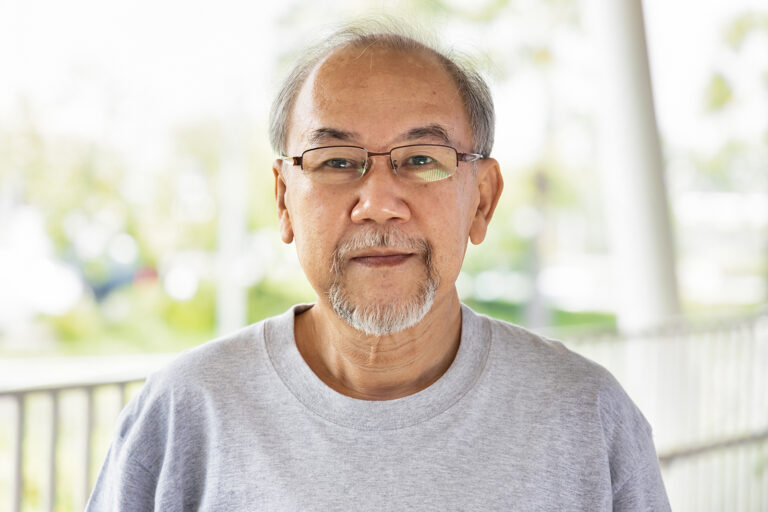The journey from bench to bedside is always fraught with challenges, notably in recruiting and retaining participants. Can the dynamic arena where social media platforms and influencers converge be a source for pivotal allies?
This blog explores the transformative role of these digital tools in clinical trial recruitment, emphasising ethical engagement and the impact on diverse participation in clinical trials.
Rise of social media and influencers in clinical trials
With its vast reach and deeply embedded presence in our daily lives, social media offers an innovative pathway to connect with potential clinical trial participants. Social media platforms and influencers have ushered in a new era for patient recruitment, offering a blend of reach, specificity, and authenticity that traditional approaches often lack. This evolution is not just about recruitment numbers; it’s about nurturing trust and community in ways that profoundly resonate with potential participants.
Platforms like Facebook, Twitter, Instagram, TikTok and LinkedIn allow clinical trial recruiters to cast a wide net, yet also tailor their outreach with remarkable precision. Through targeted advertising and specialised groups, clinical trials can connect with specific demographics, geographical locations, and individuals with particular health conditions or interests. This precision not only optimises recruitment efforts but also ensures that the information about clinical trials reaches those who stand to benefit the most, whether they are patients (or caregivers/family members) seeking alternative treatments or healthy volunteers motivated by altruism or personal reasons.
Influencers in the context of clinical trials are a diverse group, including patient advocates, healthcare professionals, and even celebrities touched by particular health issues. These individuals share their experiences and insights, building communities grounded in empathy and shared understanding. When these influencers speak about clinical trials, their messages are imbued with authenticity and credibility, cutting through scepticism and fear often associated with clinical research.
Patient experts, in particular, play a pivotal role. By sharing their journeys—challenges with diagnosis, treatment experiences, and the decision to participate in clinical trials—they demystify the process and address common concerns and misconceptions. Their stories can inspire confidence and action, encouraging their followers to consider clinical trial participation as a feasible option.
Social media and influencers offer a dynamic toolkit for engagement, from posts and blogs to videos and live Q&A sessions. This content can educate potential participants about the importance of clinical trials, the safety measures in place, the rights and responsibilities of participants, and the potential benefits and risks of participation.
Moreover, by leveraging storytelling and interactive content, social media can transform the recruitment message from a clinical invitation into a compelling narrative that individuals can see themselves being a part of. It’s about creating a sense of belonging and purpose, where study participation is viewed as a step towards a greater good—be it advancing medical knowledge or contributing to the discovery of new treatments.
Social media excels in bringing people together and creating communities of support for those considering or currently participating in clinical trials. These platforms offer spaces where potential and current participants can share experiences, ask questions, and find support from peers and professionals alike. Such communities can significantly reduce the sense of isolation and uncertainty that can accompany the clinical trial process.
Ethical engagement: navigating the digital landscape
The power of social media and influencers, while immense, carries with it the responsibility to engage potential participants ethically. Ethical engagement in this context means transparency about the purpose of the study, respect for privacy, and the provision of clear, accessible information. It’s about creating an environment where individuals feel informed, valued, and respected, not just as trial participants but as partners in medical advancement.
Strategies for ethical engagement include:
- Transparency and consent: Clearly disclose the intent, benefits, and risks associated with study participation to ensure prospective participants understand what’s involved.
- Respect for privacy: Utilise social media platforms to inform and engage without compromising individual privacy. This involves careful consideration of how information is shared and interacted with.
- Inclusive communication: Craft messages that are accessible to a diverse audience, breaking down complex medical jargon into clear, understandable language.
Impact on enrolment diversity
One of the most significant advantages of leveraging social media and influencers is the potential to enhance diversity in clinical trial recruitment. Traditional recruitment methods often fall short in reaching underrepresented groups, leading to a lack of diversity that can skew research outcomes. Social media, with its global reach and diverse user base, alongside influencers who champion the voices of underserved communities, can bridge this gap.
By engaging with a broader audience, clinical trials can achieve a more representative participant pool, ensuring the research findings are applicable and beneficial to all segments of the population. This inclusivity not only enriches the quality of the research but also fosters trust and equity in clinical trials.
Best practices for leveraging digital platforms
To harness the full potential of social media and influencers in clinical trial recruitment, several best practices should be observed:
- Partner with authentic influencers: Collaborate with influencers who genuinely understand and care about the health conditions being studied. Their authenticity will resonate more deeply with potential participants.
- Use targeted campaigns wisely: Employ social media algorithms to reach specific demographics, ensuring messages are seen by those who might benefit most from trial participation.
- Engage in dialogue: Don’t just broadcast information; use these platforms to listen, respond, and engage in meaningful conversations with potential participants.
- Monitor and adapt: Keep an eye on engagement metrics and feedback to continually refine strategies and ensure they remain ethical, inclusive, and effective.









